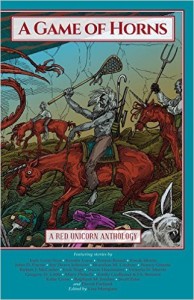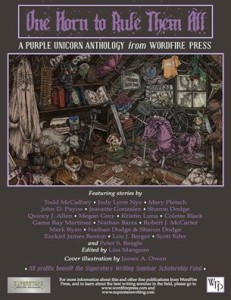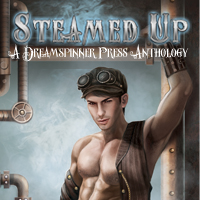 If you’re one of our newer readers, you might not know that the Fictorians were formed at the first Superstars Writing Seminar in 2010, or that our regular members are all alumni of the course.
If you’re one of our newer readers, you might not know that the Fictorians were formed at the first Superstars Writing Seminar in 2010, or that our regular members are all alumni of the course.
There are lots of writing courses out there. I took a creative writing course in university, which was a great way to explore new ideas, work outside my previous comfort zone, and receive feedback from both my fellow students and my course instructor. But this course didn’t do anything to teach me how to sell the stories that I had written.
Superstars is not a course on how to write. It is a course on how to write as a career.
The best way to learn career craft – how to get an agent, how to read a contract, how royalties work, how to present yourself, how to create buzz about your work, how to turn your hobby into a career – is from the people who do it for a living. That’s what Superstars is all about. The instructors are not making a living from instructing; they’re making a living from writing.
Superstars Writing Seminars took me from a fanfic writer with a desire to publish original fiction, to a multi-published short story writer who now has a book contract.
I was able to go thanks to the generosity of those who helped me afford the trip. We know that not everyone is able to afford the tuition fee, and not everyone is lucky enough to have people in their lives who are able, or willing, to help.
That’s why WordFire Press and Superstars Writing Seminars, with Lisa Mangum as editor, launched the Unicorn Anthologies. Inspired by a quote from Kevin J. Anderson – “if you agree to write a purple unicorn story, write the best purple unicorn story you can; that’s professionalism” – the proceeds from these anthologies goes towards a scholarship fund, named for Superstars alumnus Don Hodge, to assist writers who want to go to the seminar and need help affording the tuition.
One Horn to Rule Them All: A Purple Unicorn Anthology was the first. Now A Game of Horns: A Red Unicorn Anthology is available!
The second anthology focuses on stories involving strong conflicts. Red is the colour of war; the colour of blood; the colour of passion and will. Conflict is an essential aspect of plot. It drives the story forward; it takes place when characters confront obstacles.
My contribution, Queen of the Hidden Way, is the story of Anpu, a royal daughter whose kingdom is under another’s rule. A third player wants to take the throne by capturing and ensorcelling a karkadann, a desert unicorn. With death and treachery all around, Anpu must choose her conflicts wisely, and in the end, decide what battles are truly worth fighting.
You can pick up A Game of Horns on Amazon in either paperback or ebook. Proceeds will help provide Don Hodge Memorial Scholarships for future Superstars attendees in financial need, and provide you with a showcase of the excellent talent of the Superstars.


